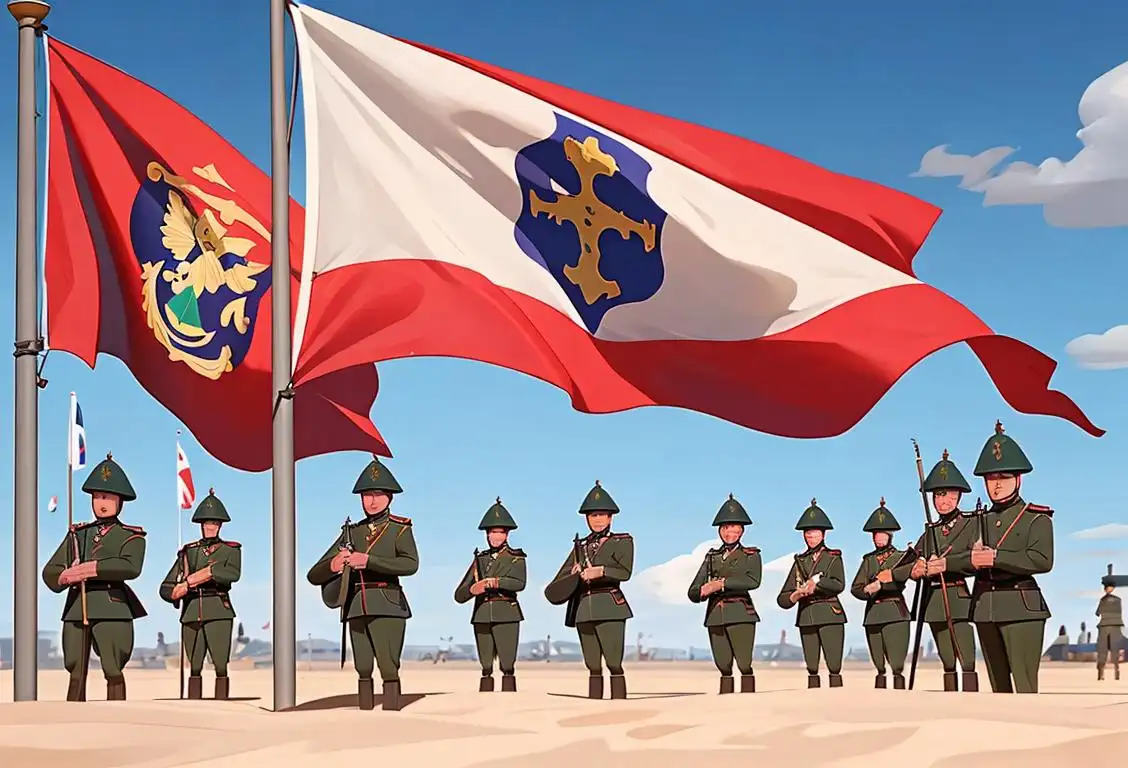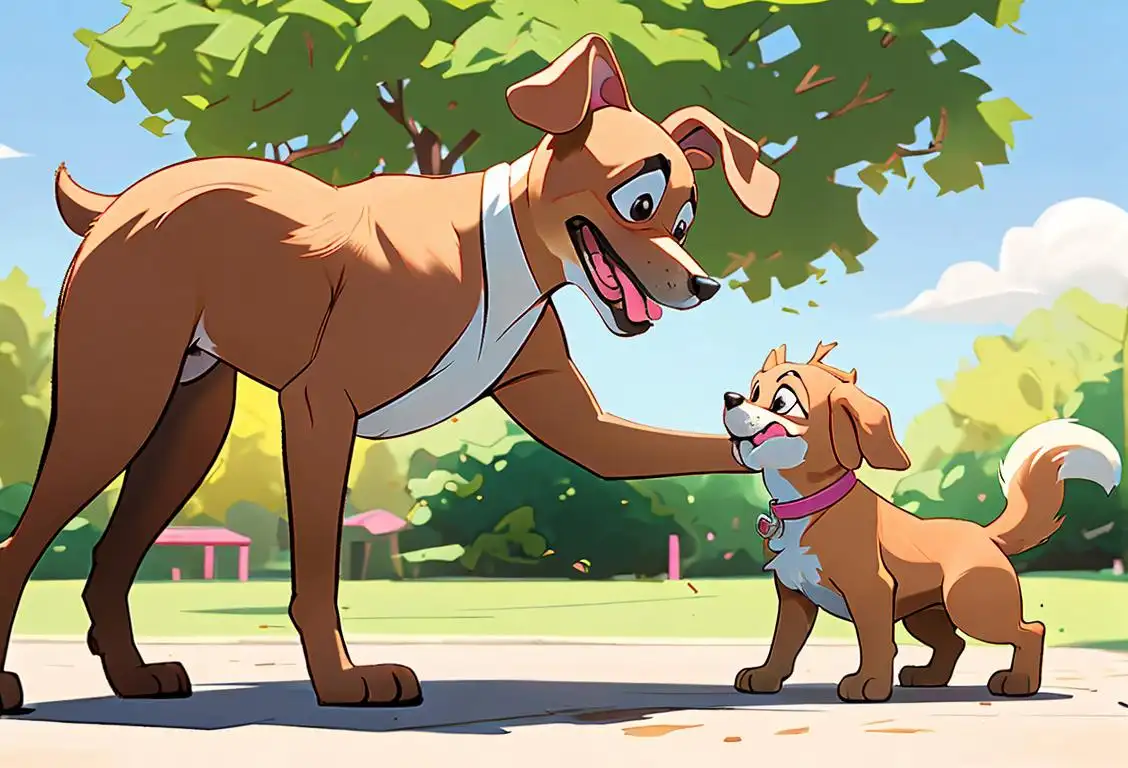National Friendship Day

Get ready to draft those appreciation posts and gather around for cosy virtual chats because guess what day it is! That's right, National Friendship Day. That one day in the year when you have a free pass to smother your friends with affection - online, of course!
When is Friendship Day?
It's national friendship day on the 30th July.
The Day of Friendly Love
National Friendship Day has seen a substantial growth of steam on the internet, garnering a whopping 24930 mentions in 2020 alone, with the greatest number, coincidentally (or not?), recorded on the 30th of July. You might be led to believe that this day was tailored for the digital natives out there, yet, it traces its roots back to a time far removed from the advent of the internet.
The Cyber Space for Friendship
No denying it, the online realm has played a pivotal part in modern expressions of friendships. With the world increasingly interconnected, the internet's role as a platform for facilitating and celebrating friendships has grown exponentially. This isn't about hastily typed emojis or swift thumbs-up reactions; it's about the heartfelt messages and the nostalgic photo posts that honor our relationships. The popularity of National Friendship Day is testament to the importance of such celebrations in reminding us of the bonds that make life worth the while.
Friendship in a Time Before Hashtags
Interestingly, National Friendship Day predates the internet era. It was first proposed by Hallmark founder Joyce Hall in 1930. The idea was to dedicate a day for friends to send each other cards (how quaint!). However, trends have evolved and while the greeting cards may have been replaced by social media posts, the sentiment remains the same – to cherish the people who have stood by us come rain or shine.
History behind the term 'Friendship'
3000 BCE
Early Human Bonds
Friendship dates back to the early human civilizations. In ancient Mesopotamia and Egypt, people formed close bonds with one another. These early friendships were primarily based on survival and protection, as individuals discovered that they were safer and more successful in groups. The bonds formed during this time were crucial for hunting, gathering, and defense against common threats.
384 BCE
Aristotle's Influential Ideas
In 384 BCE, the famous Greek philosopher Aristotle explored the concept of friendship in his works. Aristotle categorized friendships into three types: utility, pleasure, and virtuous friendships. According to him, a virtuous friendship, based on mutual respect, admiration, and shared values, was considered the highest form of friendship. Aristotle's ideas laid the foundation for understanding the complexities and different aspects of friendship.
1651
Thomas Hobbes and the Social Contract
In 1651, English philosopher Thomas Hobbes introduced the idea of a social contract in his book, 'Leviathan.' According to Hobbes, individuals entered into a social contract to establish a mutually beneficial society based on shared rules and norms. Friendship, in this context, became an essential element of the social contract theory. It represented the voluntary association between individuals to create a peaceful and harmonious society.
19th Century
Romanticizing Friendship
During the 19th century, friendship took on a romanticized essence. The strong emotional connection between friends was celebrated through literature, poetry, and art. This era witnessed an increased emphasis on the intimacy and loyalty within friendships, often depicted in works like 'The Song of Hiawatha' by Henry Wadsworth Longfellow. Romanticized friendships became a symbol of deep emotional bonds, trust, and support.
1935
International Friendship Day
Friendship gained global recognition with the establishment of International Friendship Day in 1935. The day, initially created by the U.S. Congress, aimed to foster friendship and bridge gaps between diverse cultures and nations. Today, International Friendship Day is celebrated on July 30th in various countries worldwide, promoting understanding, respect, and love among individuals from different backgrounds.
21st Century
Digital Friendships
The advent of social media and digital communication platforms in the 21st century revolutionized the way friendships are formed and maintained. Online friendships, often referred to as digital or virtual friendships, allow people to connect and interact with others globally. Despite the physical distance, these friendships provide a sense of belonging and support. Digital friendships have become a significant component of modern friendship, changing the way people perceive and experience this vital aspect of our lives.
Did you know?
Did you know National Friendship Day was initiated by a greeting card company's founder, aimed at making people send more cards to their friends? Well, the more you know!Tagged
awareness fun loved ones remembranceFirst identified
1st April 2015Most mentioned on
30th July 2020Total mentions
24930Other days
Defence Day
Awareness Day
Odp Day
Security Day
Rescue Dog Day
Suicide Prevention Month Day
Wreaths Across America Day
Medal Of Honor Day
Foundation Day
Cerebral Palsy Awareness Day









